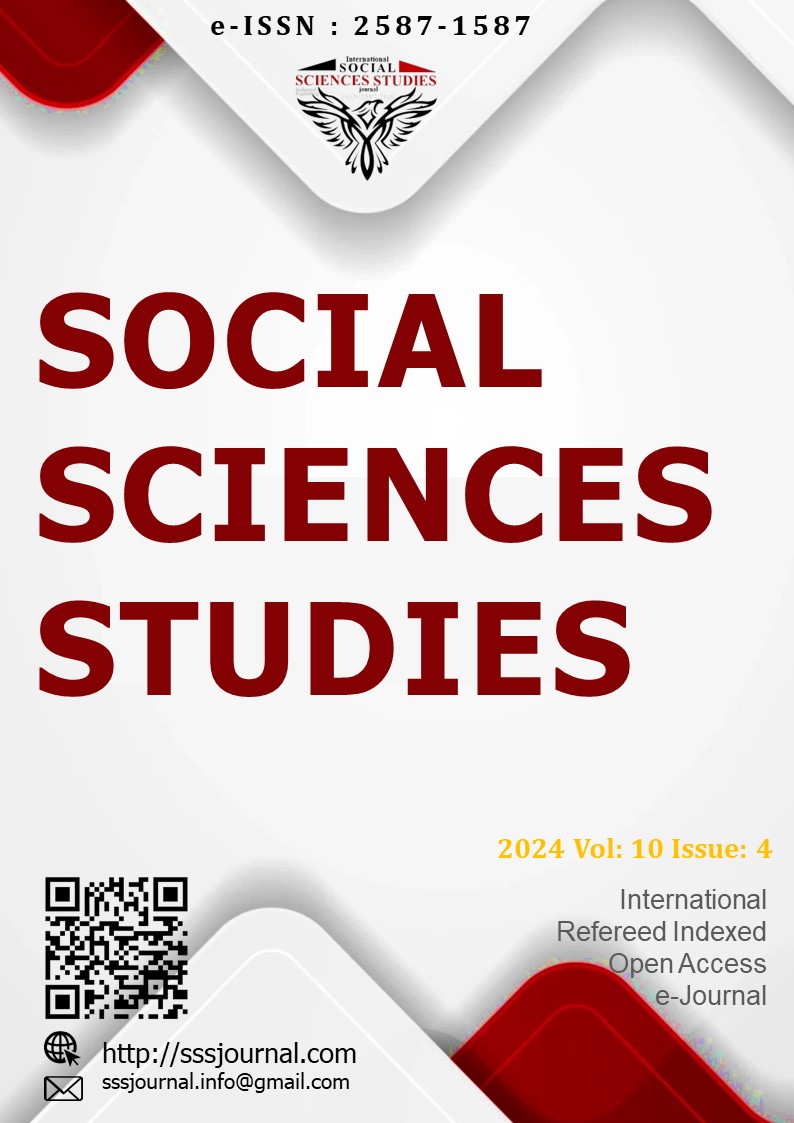Author :
Abstract
Avrupa Birliği, Türkiye için önemli bir ticaret ortağıdır. Ayrıca önemli bir pazar konumundadır. Bu nedenle, Türkiye'nin AB pazarındaki karşılaştırmalı üstünlüğüne ve rekabet gücüne sahip olduğu tarımsal ürün çeşidini artırmaya çalışması, ihracatının gelişimi açısından önem taşımaktadır. Yağlı tohumlarda Türkiye, haşhaş hariç, genellikle dış ticaret açığı vermektedir. Ancak AB’ne gerçekleştirilen yağlı tohumlar ihracat ve ithalatı zaman içerisinde değişkenlik göstermektedir. Özelikle ayçiçeği, soya ve diğer yağlı tohumlarda ithalat artışı dikkat çekmektedir. Türkiye’de ayçiçeği tohumu üretimi yurt içi tüketimini karşılayacak durumda değildir. Bu yüzden ayçiçeği tohumu ve yağı büyük oranda ithal edilmektedir. Yıllar itibari ile ithalat miktarımızda azalış ve artışlar yaşanmakla birlikte genel olarak AB ile yaptığımız dış ticarette açık verilmektedir. Türkiye soyada kendine yeterli bir ülke değildir. İhtiyacının ancak %4 gibi bir bölümünü kendi üretmekte, geri kalanı ise ithal etmektedir. Başka bir deyişle, soyadaki arz açığı, ithalatı zorunlu hale getirmektedir. Türkiye AB ile yaptığı haşhaş dış ticaretinde açık bir farkla net bir ihracatçı ülke konumunda bulunmaktadır.
Keywords
Abstract
The EU is an important trading partner and an important market for Türkiye. For this reason, you care about the perspective of Türkiye maintaining its competitiveness in the EU market, trying to increase the amount of products managed together with its competitiveness, and the development of growth. Türkiye generally has a foreign trade deficit in oilseeds, except for poppy. However, to explain it simply, exports and imports of oilseeds in any country within the EU vary over time. The increase in imports of special sunflower and soybean and other oilseeds is noteworthy. Sunflower seed production in Türkiye isn’t sufficient to meet domestic consumption. That's why sunflower seeds and oil are largely imported. Although there have been decreases and increases in our import amount over the years, there is generally a deficit in our foreign trade with the EU. Türkiye isn’t a self-sufficient country in soybeans. Only 4% of its needs are included in its own portfolio and are imported. In other words, the supply gap in soy makes imports necessary. Türkiye is by far a net exporter in its poppy trade with the EU.





